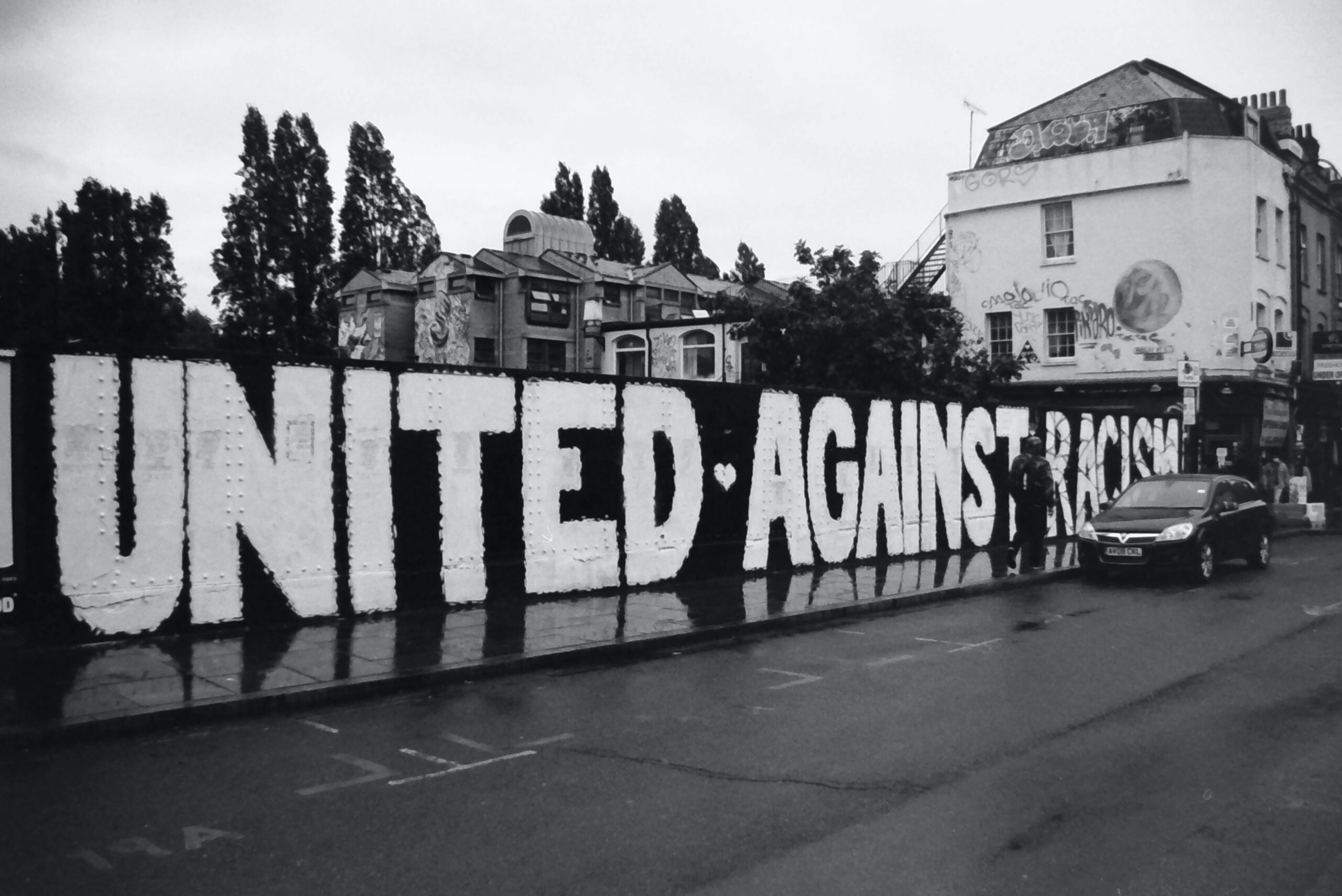Black History Month has been observed in the United States for over five decades. This year’s theme of “African Americans and the Arts” aims to uplift and spotlight Black artists using their voice, artistry, and talent to speak truth to power. It’s this act of resistance that makes it even more crucial to acknowledge, examine, and dismantle racial inequities. What solutions and perspectives can we move forward to create a more equitable world? Get inspired by these influential thinkers:
Breaking the Cycle of Racial Inequality
Laura Harding, president of ERASE Racism, a civil rights organization based in New York, believes it’s possible to break structural and systemic racism and we can do it by learning from our past. In utilizing an intersectional approach, we can examine the ways educational, economic disparities, and more are intertwined and deeply embedded within the fabric of the United States. In taking an honest look at these connections we can begin to find a liberatory path forward.
How can we effectively close achievement gaps between white and non-white students, specifically Black and Latinx students? Schools and educators are finding innovative ways to do so with initiatives such as “affinity classes.” These programs aim to increase the educational performance of students of color with the intent of dismantling education disparities.
The Racial Wealth Gap is Increasing
Andre M. Perry, Hannah Stephens, and Manann Donoghoe discuss incredible shifts for Black wealth across the country. Although wealth increased for Black Americans, disparities have deepened. These writers emphasize how “centuries of discrimination in public policy, financial practices, and societal norms that limited Black wealth accumulation have not been overcome” while putting forth solutions for change.
How the Boston Foundation is Tackling the Racial Wealth Divide
A new initiative, developed through a partnership with Boston Foundation and its research center, Boston Indicators, aims to examine the racial wealth divide in Boston, as well as more broadly. The Racial Wealth Equity Resource Center, launched in 2023, aims to provide “a home for new research on racial wealth inequities in Greater Boston and across the country.” With a deep focus on closing the racial wealth gap and creating a dialogue about how to address it, the Boston Foundation hopes to catalyze a movement toward action.
Americans Want Congress to Address Racial Inequity
A new study conducted by the Joint Center for Political and Economic Studies and NORC at the University of Chicago, presented Americans with several race-conscious issues and the results showed a need across varying demographics to address racial inequity. These results provide a call for Congress to invest in social justice and building a true and fair democracy.
